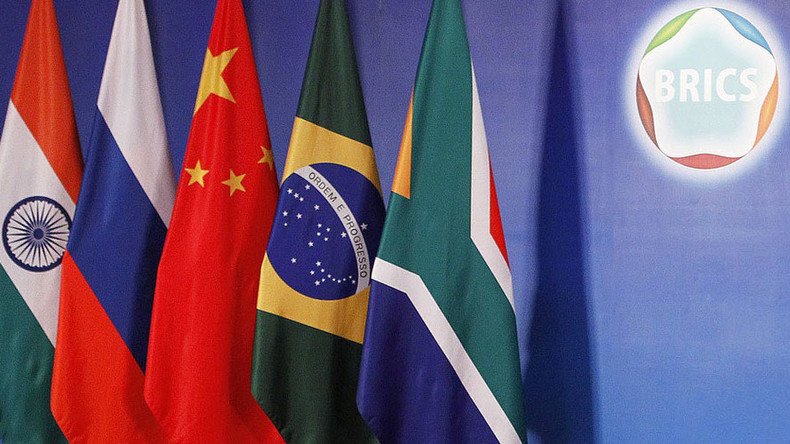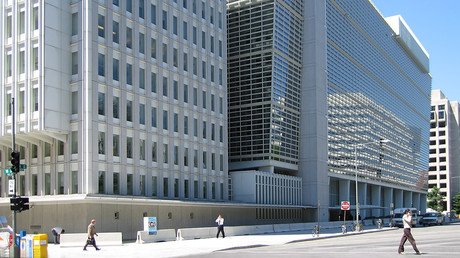BRICS join forces on IMF quota formula reform

Brazil, Russia, India, China and South Africa have agreed to take a unified stance on the International Monetary Fund (IMF) quota system revisions.
"We need to take a united position on the quota reviews. Such reviews should in the first place be based on GDP figures, calculated by purchasing power parity (PPP)... Everyone has agreed to this,” said Russian Finance Minister Anton Siluanov on Thursday after a meeting with BRICS finance ministers.
The current quota formula is a weighted average of GDP (weight of 50 percent), openness (30 percent), economic variability (15 percent), and international reserves (5 percent). The GDP is measured through a blend of GDP—based on market exchange rates (weight of 60 percent)—and on PPP exchange rates (40 percent).
According to the Russian Finance Minister, GDP is one of the key indicators, and its greater weight in the formula will take into account the interests of developing countries, which are now under-represented in the IMF, as their economies are developing dynamically.
The reform of IMF was adopted back in 2010, but was delayed until December 2015 due to the position of the US Congress, when it ratified the so-called 14th General Quota Review.
Under the new rules, China’s quota has reached 6.4 percent; Russia and India now have 2.7 percent each with Brazil and South Africa having 2.3 and 0.6 percent, respectively. This gives a total of 14.7 percent against 11.5 percent before. The US is the biggest member of the IMF and is the only one to have a veto, as 15 percent is a blocking share.
Now, the developing economies are looking to alter the formula of the quota. Some of them doubt that such indicators as openness and economic variability should play such a big role in the formula.













